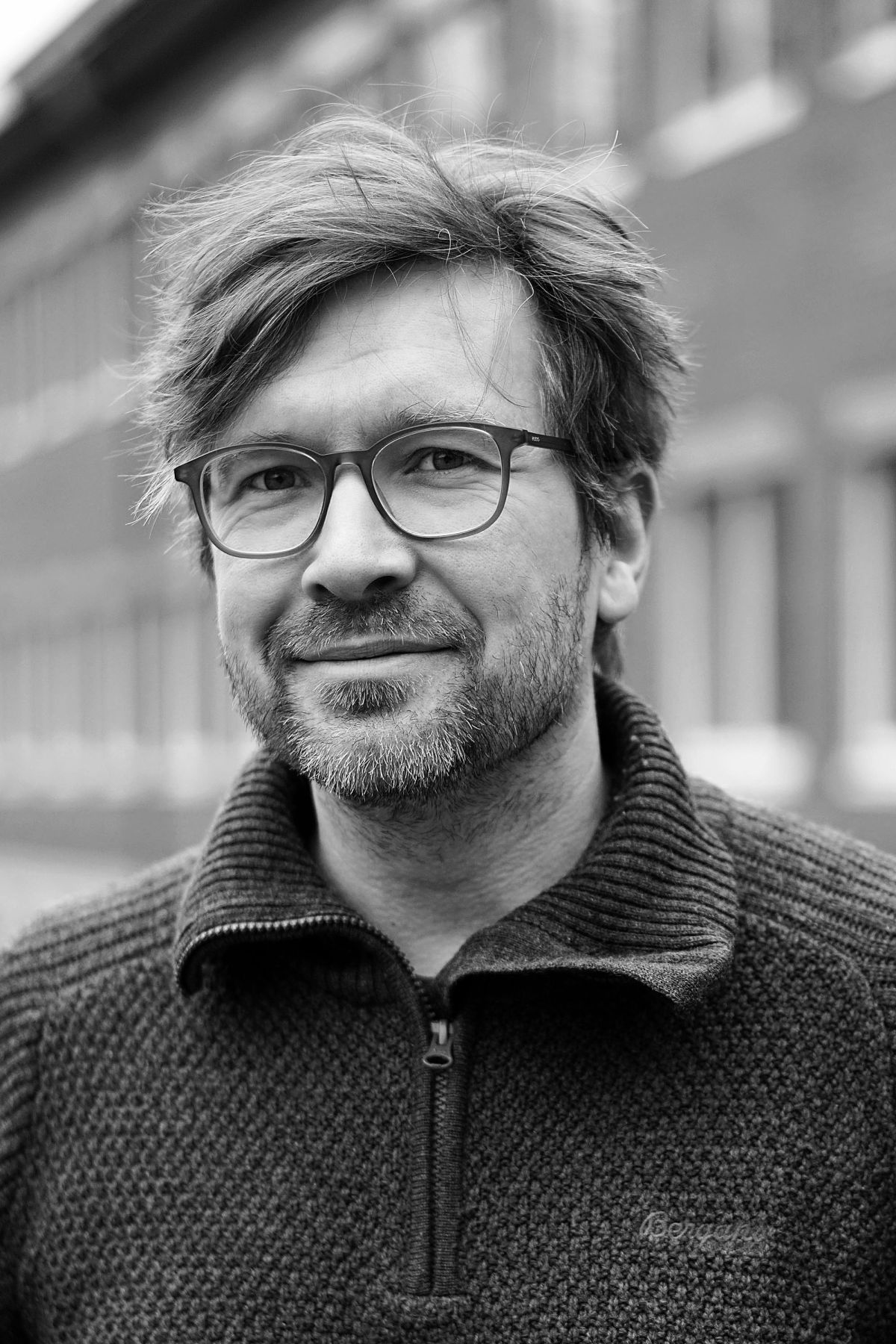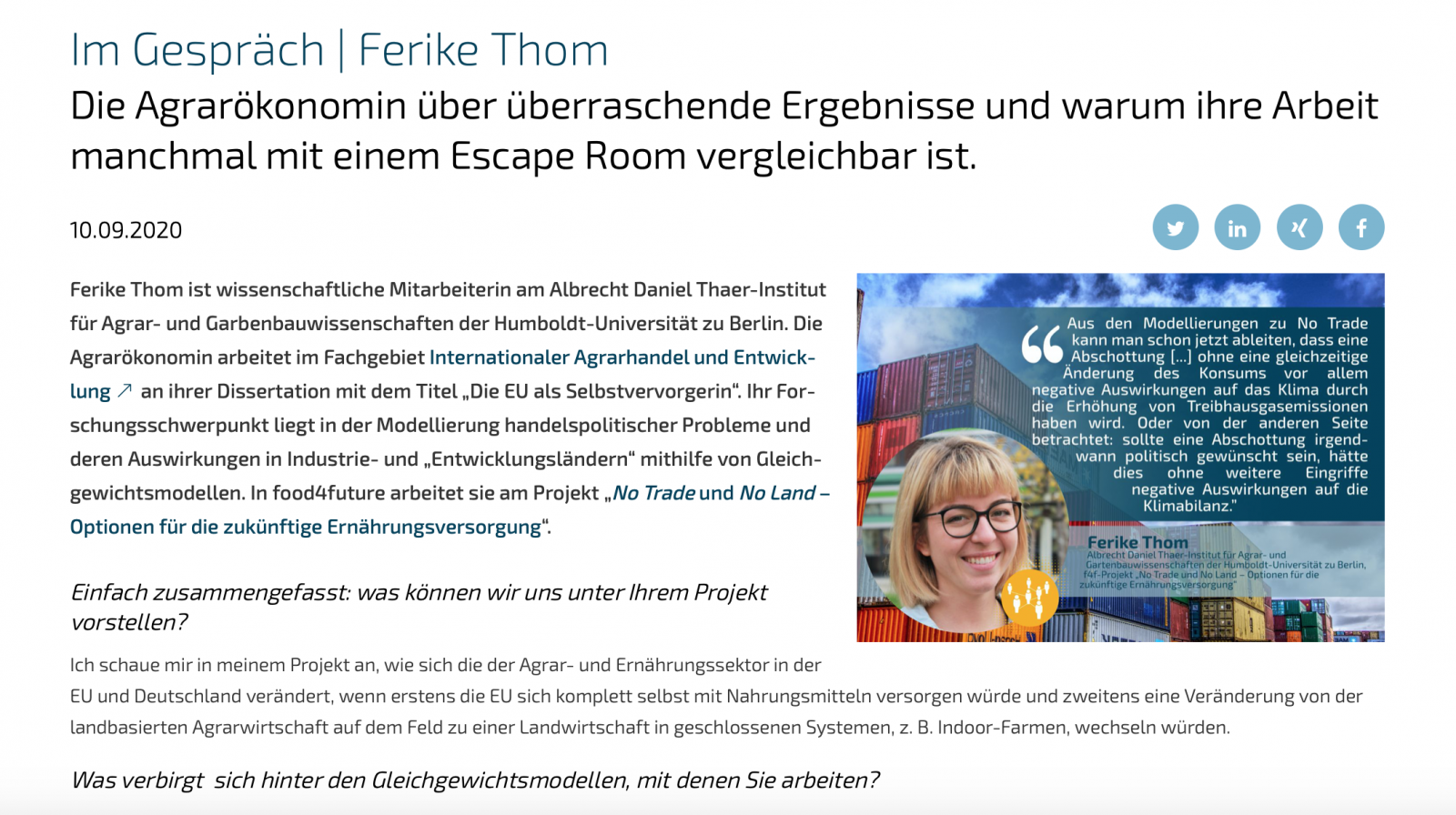Photo: istockphoto
The project examines the decisions consumers and the processing industry make when dealing with novel foods. The goal is to better understand the factors that influence these decisions and how the market for such alternatives to conventional foods might develop. The focus is on expanding the agricultural economic model CAPRI. CAPRI maps the global agricultural sector, including production, consumption, and international trade, with a particularly detailed focus on European agriculture. In the future, CAPRI will consider not only conventional foods, but also other bio-based alternatives and novel foods. This expansion will be used to investigate the impacts of increasing production and consumption of novel foods on agriculture, the environment, and society.
In the first funding phase of food4future, the foundation was laid for a better understanding of the role of novel foods as alternatives to traditional foods. This work formed the basis for placing novel foods in the context of the current agrifood system and developing possible scenarios for the near future.
The second funding phase of the project will focus on modeling consumption and processing decisions. This will investigate how consumers choose between conventional products and foods with substituted ingredients from f4f organisms. Factors such as price, habits, sustainability, and innovation will be analyzed to better understand the market potential of these f4f alternative products. In parallel, possible scenarios will be developed to demonstrate how different consumption patterns could impact greenhouse gas emissions and land use.
In the long term, the results of this food4future project are intended to help make informed decisions regarding the introduction and promotion of f4f novel foods. The goal is to integrate these products in such a way that they not only enable a healthy diet, but also contribute to reducing environmental impacts and transforming agricultural and food systems. This f4f project thus makes a decisive contribution to shaping the sustainable nutrition of the future.
Contact
Thünen-Institut für Betriebswirtschaft
Bundesallee 50
38116 Braunschweig
Website
Project duration
Oktober 2024 - September 2025
Interaction with f4f and other partners
ATB, IGZ, ZMT, Thünen-Institute of Market Analysis (TI-MA), Julius-Kühn-Institut (JKI), HTW

Dr. Alexander Gocht is a research group leader at the Thünen Institute of Agricultural Economics and a private lecturer in the field of "International Agricultural Trade and Development" at the Albrecht Daniel Thaer Institute of Agricultural and Horticultural Sciences at Humboldt University of Berlin. He is one of the main developers of the CAPRI model, which is used in food4future2's Project 10. Dr. Alexander Gocht conducts research on topics related to the Common Agricultural Policy and remote sensing for agriculture.

Dr. Ferike Thom works at the Thünen Institute of Agricultural Economics. She is currently developing the CAPRI model to capture the processing of agricultural raw materials into ready-to-eat foods and the decisions of end consumers in a similarly detailed manner as the production of agricultural raw materials. Her work includes mapping consumption decisions between animal products and their plant-based equivalents (e.g., cow's milk, oat milk, butter, and margarine) and serves as a basis for further expansion to novel foods based on f4f organisms.

Conztanza Wilhelmy L.
Agricultural economist (M. Sc.)
constanza.wilhelmy@thuenen.de
F +49 (0) 531 596 5199
Conztanza Wilhelmy L. holds an M.Sc. in agricultural economics from Humboldt University of Berlin and a B.Sc. in agronomy from the Pontifical Catholic University of Chile. After completing her master's degree with a thesis on the distributional effects of a carbon pricing policy in EU agriculture using the CAPRI model, she joined the Thünen Institute of Agricultural Economics, where she currently works as a research associate in the food4future2 project.
Gocht, A., Consmüller, N., Thom, F. and Grethe, H. (2021) Economic and Environmental Consequences of the ECJ Genome Editing Judgment in Agriculture. Agronomy.
doi:10.3390/agronomy11061212
Gocht A., Consmüller N., Thom, F., Grethe H. (2020).“Economic and environmental consequences of the ECJ genome editing judgement in agriculture.”, No 150, Thünen Working Papers from Johann Heinrich von Thünen Institute, Federal Research Institute for Rural Areas, Forestry and Fisheries.
Download PDF

